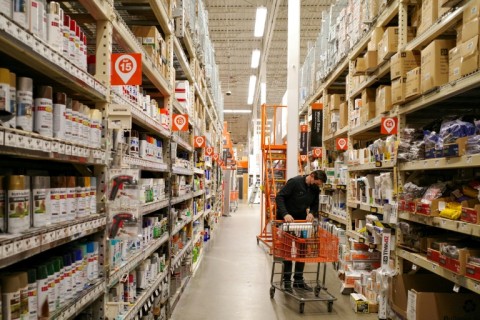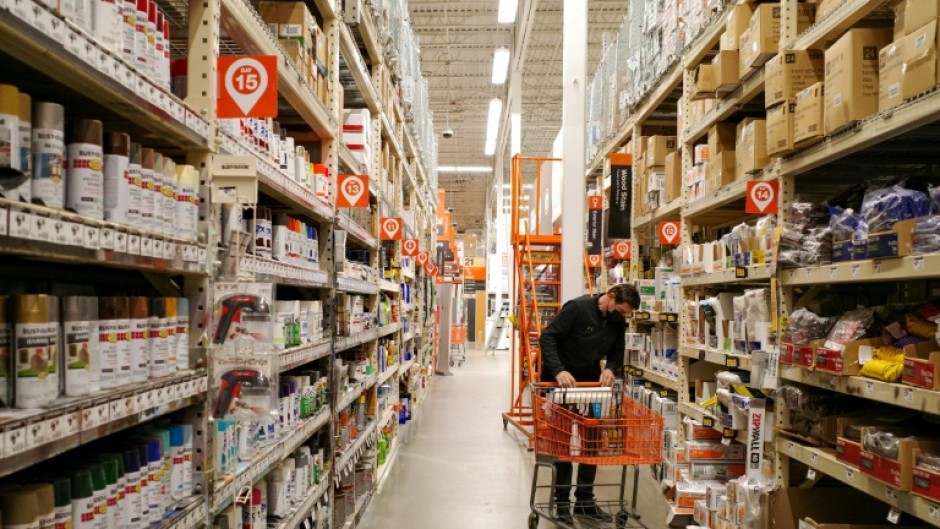
WASHINGTON - Retail sales in the United States rebounded in January, said government data released Wednesday, logging the biggest gain since 2021 as policymakers watch for signs that consumer demand is cooling in the longer run.
The US central bank has been working to ease demand as officials try to rein in stubborn inflation, raising interest rates rapidly over the past year.
While there have been signals that the effects of policy are rippling across sectors including consumer spending, the latest data could spark concern.
Sales bounced by three percent last month to $697.0 billion after two months of contraction, said a Commerce Department report Wednesday, markedly higher than analysts expected.
Providing a boost were sales at auto and other vehicle dealers, which jumped 6.4 percent from December to January.
Also robust were sales at department stores, which surged 17.5 percent, while those at restaurants and bars spiked 7.2 percent, the report said.
Officials are looking for indications that consumers are pulling back, as they consider when to halt their campaign of rate increases.
The surge in January was the biggest monthly rise since early 2021, according to official data.
Compared with a year ago, retail sales in January were up 6.4 percent.
But economists suggest that some of the increases seen could be temporary.
Ian Shepherdson of Pantheon Macroeconomics said in a report that mild weather in recent weeks likely provided a boost to auto dealership visits.
"A good chunk of the January strength in retail sales likely is due to unseasonably warm weather, which will reverse in the months ahead," he said.
Some of the increase also reflects "catch-up demand," he added, noting that auto production returned to pre-pandemic levels in the middle of 2022.
Demand for vehicles could also weaken in the face of higher financing costs, Shepherdson said.
Higher borrowing costs and elevated prices are a constraint for consumers, said Rubeela Farooqi, chief US economist at High Frequency Economics.
But "a still-strong labor market and gradually easing inflation should be supportive of household spending over coming months," she added in a note.
Retail spending is a key growth engine of the US economy, and analysts saw the weakness in earlier months as a sign that this was beginning to sputter.
While the Fed has moderated its aggressive campaign of rate hikes, central bankers have vowed to stay the course until the job of lowering inflation is done.
bys/sw
By Beiyi Seow

